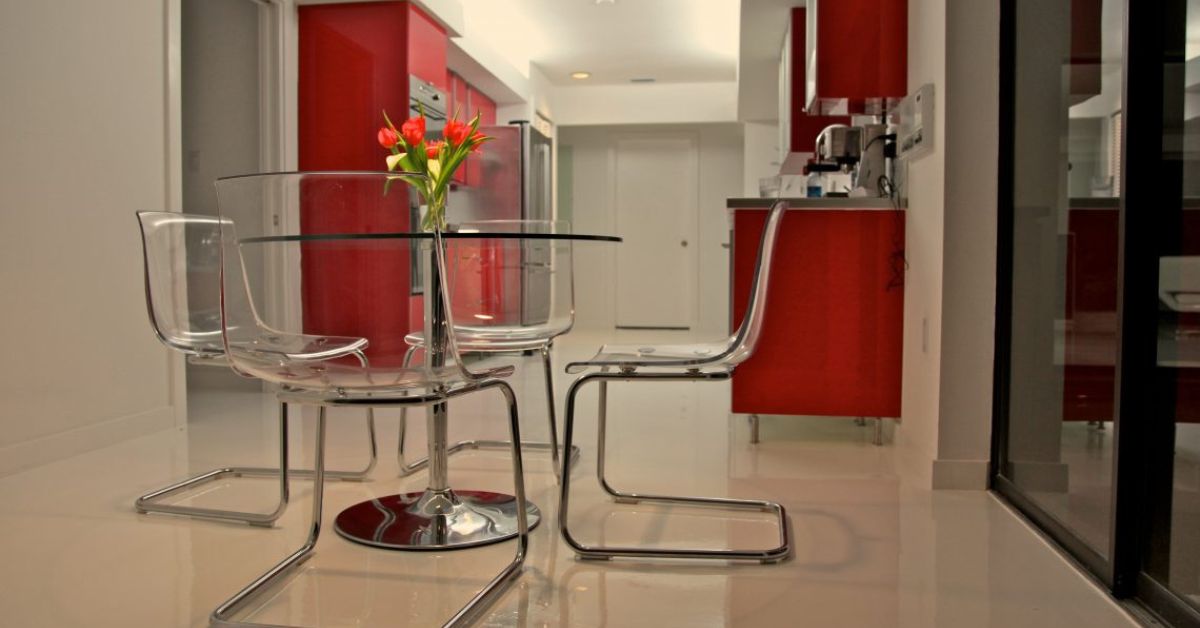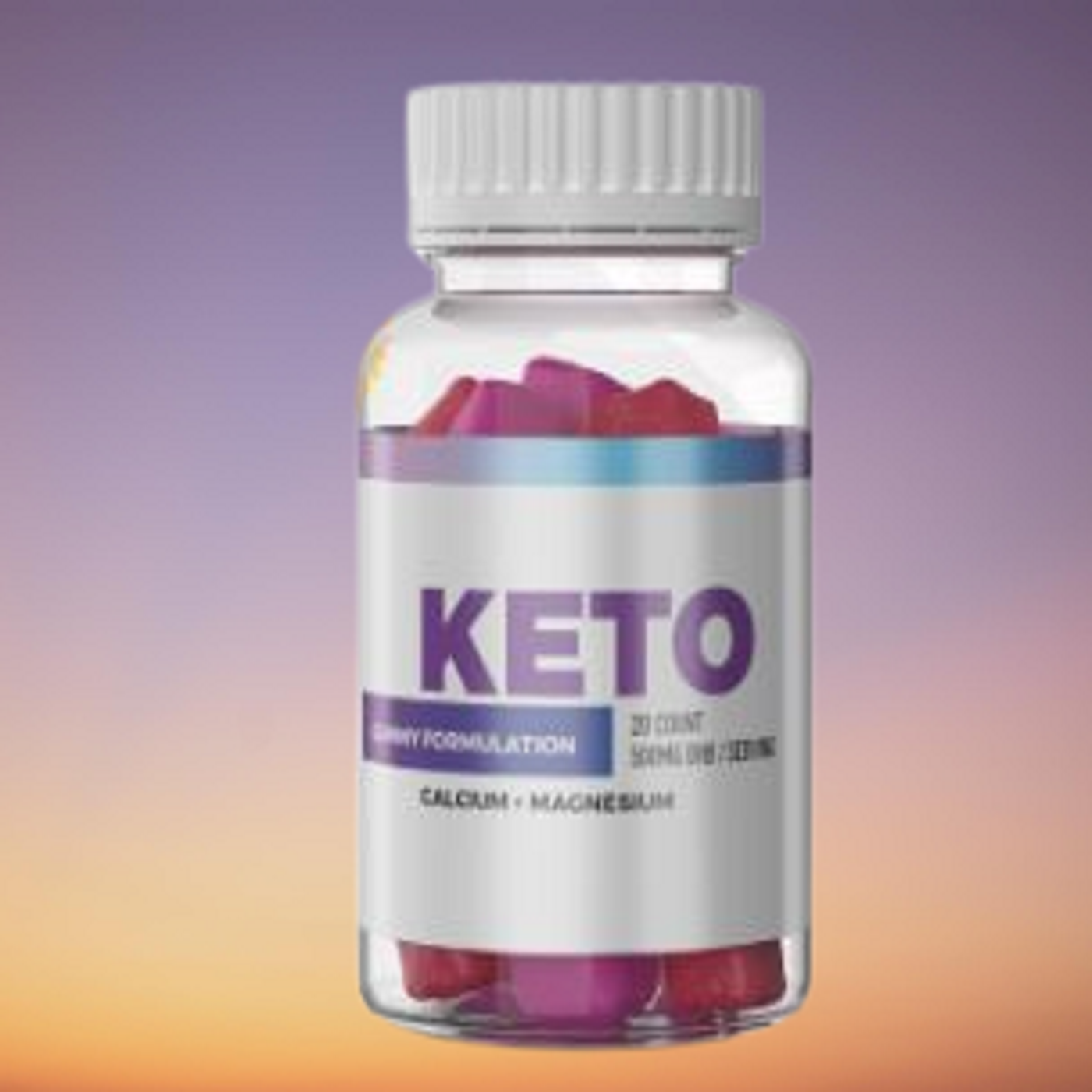Construction
Epoxy vs. Traditional Flooring: Which is Better for Your Home
by Author
-
Wednesday, November 1, 2023
155 Views
When it comes to choosing the right flooring for your home, the options seem endless. From classic hardwood and carpet to modern innovations like residential epoxy concrete floor, the decision can be confusing for most people. Each flooring type has unique benefits & drawbacks, and the choice is ultimately based on your needs and preferences. The good news for you is you can delve into the age-old debate of epoxy vs. traditional flooring to help you make an informed decision for your home.
Understanding Epoxy Flooring
Epoxy flooring is a relatively new entrant in the flooring industry, and it has gained popularity for its durability, versatility, and aesthetic appeal. Epoxy is a resin that forms a tough and resilient surface when combined with a hardener. It can be used on a variety of substrates, including concrete, making it an ideal choice for garages, basements, commercial spaces, and even residential areas.
Advantages of Epoxy Flooring
Durability
The extraordinary durability of epoxy flooring is well known. It can withstand heavy foot traffic and vehicle traffic and resist various forms of damage, such as chipping, cracking, and staining. This makes it an excellent choice for high-traffic areas like garages and commercial spaces.
Low Maintenance
Epoxy flooring is simple to maintain and clean. It is resistant to chemicals, making it suitable for garages and workshops where spills are common. Keeping it looking immaculate usually only requires periodic mopping and regular sweeping.
Versatility
Epoxy offers an extensive range of design possibilities. With multiple colors, patterns, and 3D effects, it may be personalized. This versatility allows homeowners to achieve a unique and stylish look for their floors.
Longevity
With proper installation and maintenance, epoxy flooring can last for many years, making it a cost-effective choice in the long run.
Hygienic
Epoxy is a non-porous material, which means it doesn’t harbor bacteria or allergens. This quality makes it an excellent choice for spaces that require high levels of cleanliness, such as kitchens or medical facilities.
Drawbacks of Epoxy Flooring
Professional Installation
Because epoxy flooring takes a multi-step process that includes surface preparation, mixing, and application, installation requires expertise from qualified personnel. DIY epoxy installations are often less durable and may not provide the desired results.
Initial Cost
While epoxy’s long-term durability is an advantage, the initial installation cost can be higher than some traditional flooring options.
Slippery When Wet
Epoxy flooring can become slippery when wet, making it less suitable for areas prone to moisture or spills. Non-slip additives can be incorporated to mitigate this issue.
Understanding Traditional Flooring
Traditional flooring options encompass various materials, including hardwood, carpet, tile, and vinyl. These have been the go-to choices for residential flooring for many years, each offering its unique benefits and limitations.
Advantages of Traditional Flooring
Aesthetic Variety
Traditional flooring options provide many design possibilities, allowing you to achieve the look and feel you desire for your home. Whether you prefer the warmth of hardwood, the plushness of carpet, or the timeless beauty of tile, you have numerous options.
DIY-Friendly
Many traditional flooring materials are available in DIY-friendly formats, making it possible for homeowners to take on the project yourself to reduce installation costs.
Comfort
Carpet, in particular, offers a high level of comfort underfoot and noise insulation. It’s an excellent choice for bedrooms and living areas where comfort is a top priority.
Moisture Resistance
Some traditional flooring options, such as ceramic or porcelain tile, are highly resistant to moisture, making them suitable for areas like bathrooms and kitchens.
Resale Value
Certain traditional flooring materials, like hardwood, can greatly increase a home’s resale value. If you go with custom concrete solutions, they can cater to your particular choices and requirements and increase the beauty of your residential or commercial property.
Drawbacks of Traditional Flooring
Maintenance
Traditional flooring options often require regular maintenance, including refinishing for hardwood and steam cleaning for carpets. Please do so to avoid early wear and a loss of aesthetic appeal.
Durability
Traditional flooring materials, such as hardwood and carpet, are less durable than epoxy and are more susceptible to damage from heavy use, moisture, and stains.
Allergens and Hygiene
Carpet, in particular, can trap allergens and bacteria, making it less suitable for those with allergies or high cleanliness standards.
Limited Lifespan
Many traditional flooring materials have a limited lifespan and may need replacement or refurbishing after a few decades.
Making the Right Choice
The decision between epoxy and traditional flooring ultimately depends on your needs, budget, and aesthetic preferences. Work on the below essential considerations to assist you in making the right choice:
Location
Think about the space where the flooring is going to be put in. Epoxy is ideal for high-traffic areas and spaces where durability and hygiene are crucial, while traditional flooring materials like hardwood or carpet may be more suitable for bedrooms or living rooms.
Budget
Evaluate your budget for both the initial installation and long-term maintenance. Epoxy flooring can have a higher upfront cost but may be more cost-effective over its lifetime because it requires little care and is long-lasting.
Aesthetics
Consider the style you wish to accomplish. Epoxy provides more design flexibility, while traditional materials have unique charm and warmth.
Maintenance
Take into account your readiness and capacity to maintain the flooring. Epoxy is low-maintenance, while traditional options often require more upkeep.
On a Final Note!
There is no one-size-fits-all answer to the epoxy vs. traditional flooring debate. Your choice ought to be supported by your financial situation, personal preferences, and demands. Both options have advantages and disadvantages, and the key is making an informed choice that best suits your home and lifestyle. Whether you opt for epoxy’s modern appeal or traditional flooring’s timeless charm, a well-thought-out decision will ensure you have beautiful and functional floors for years to come.





